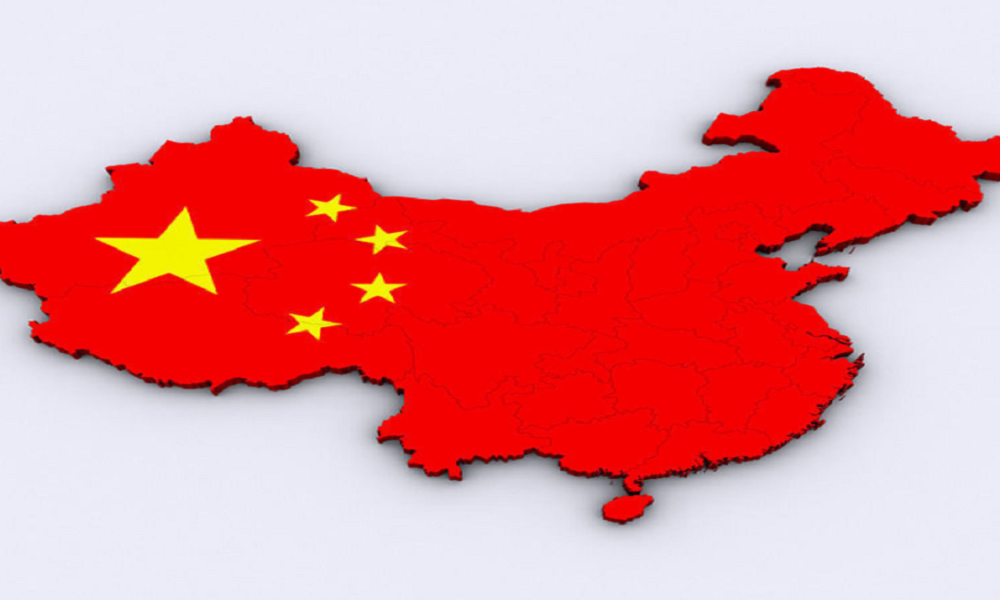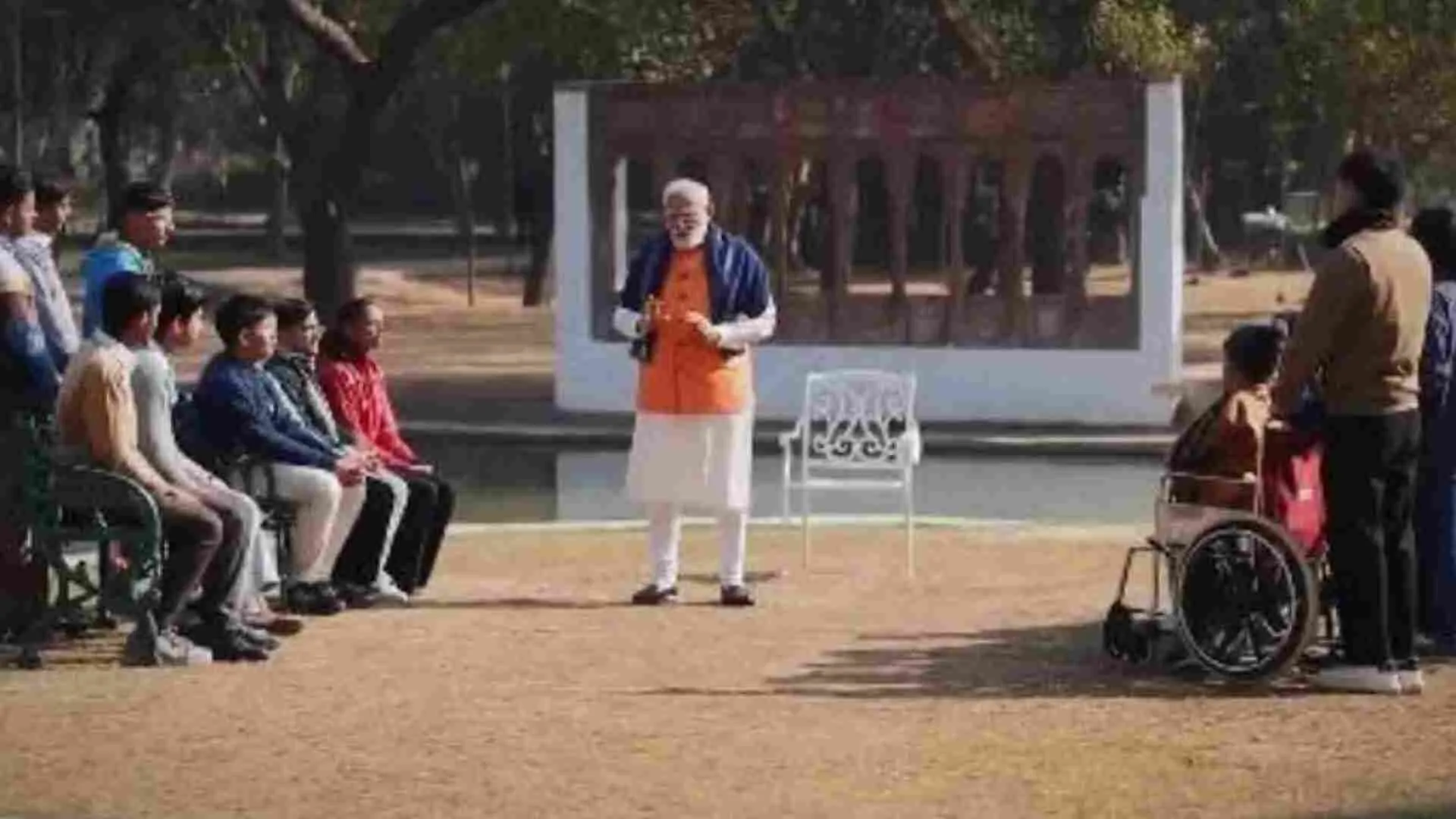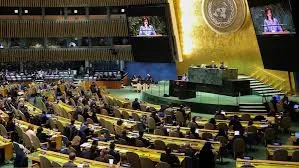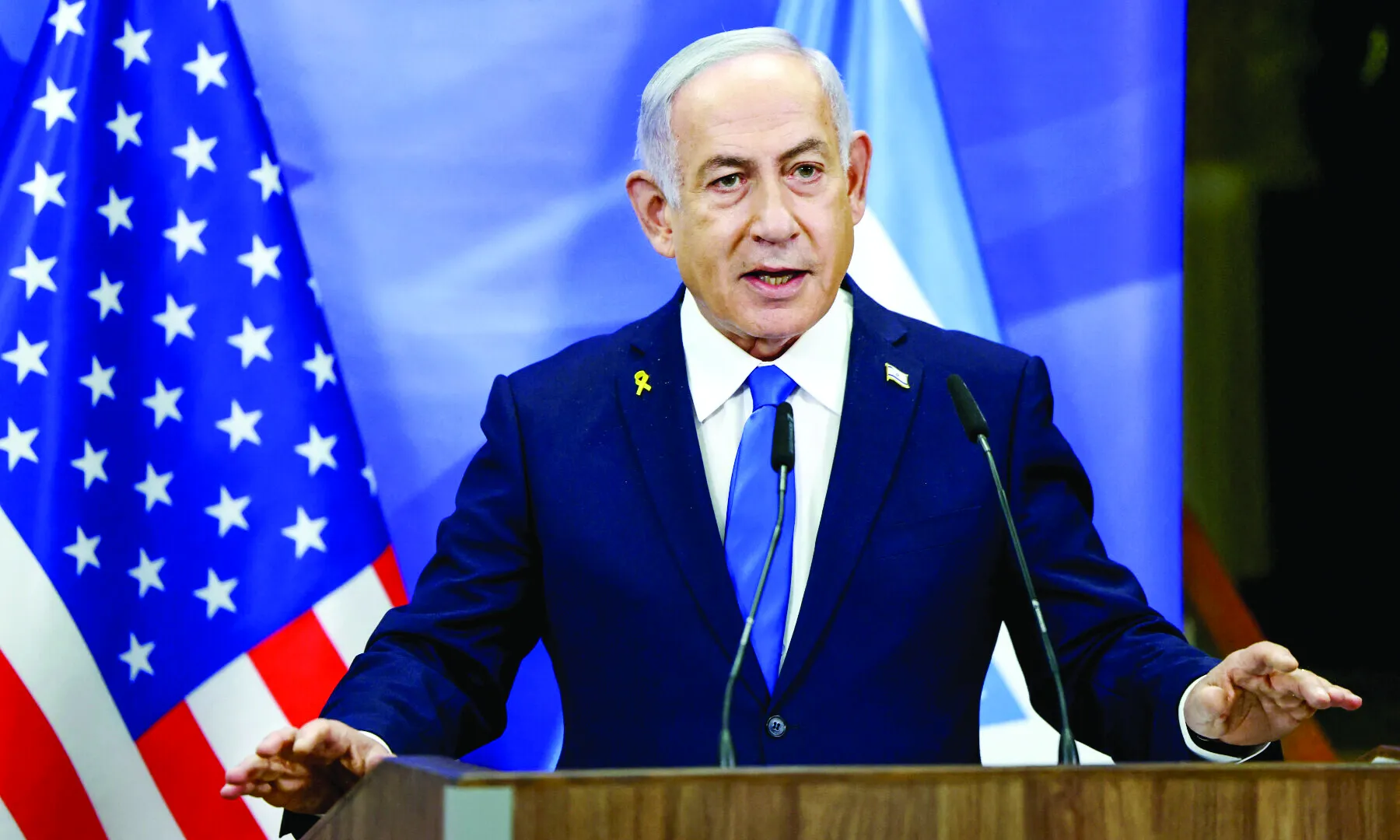The People’s Republic of China (PRC) is the world’s second largest economy but has failed to capture any major arms market in the world. While the poor quality of arms and spare parts form a major part of this paradox, there are other factors at play too. One of them is the inability of the Chinese Communist Party (CCP) to fathom the meaning and implications of strategic partnerships, beyond short term and selfish aims. Another is the enmeshing of the Party’s domestic and foreign policy goals with the sole intention being its survival. Finally, a tone-deaf propaganda campaign with a 24/7 torrent of abuse hardly makes new friends or sustains existing ones.
China has fairly satisfactory models of aircraft that it can and does showcase for export but apart from “Iron Brother” Pakistan not many countries have been able to convert offers at various air shows and conventions into sustained partnerships based on defence exports with China. Pakistan is a case apart. It has no options other than depending on China for its sustenance as no major country wants to deal with an FATF grey listed state sponsor of terror. Plus the purchase of weapons from China is the catch in the seemingly benign CPEC. Despite this, the Pakistanis are looking at Turkey, Belarus and even Ukraine for weapons and platforms as most of their air defence systems, small arms and radars are either in a state of disrepair or failed miserably. But the CCP does not care about this. It is jamming a number of prototypes down Pakistan’s throat as a way to fund their own bloated state owned enterprises (SOEs).
The CCP’s behaviour during the pandemic especially in 2019 and 2020 is an apt example of its very narrow focus on regime survival at the expense of the entire humanity. When China was struggling to contain the virus in the early months of 2020, a number of countries including India, Australia, the US and EU sent planeloads of medical equipment, masks and medicines as aid. The Chinese officials specifically requested all these countries to not publicise this aid as it will ‘hurt national honour’. However, when the time came for China to do the same for these same countries, it unleashed a mega propaganda campaign, despite questions being raised on the nature and quality of aid. Even commercial deals for medicines were also showcased as example of Chinese largesse and its readiness to take on the world’s mantle. This apparent digression into the Chinese Covid response in a piece about its faltering arms industry is important because it shows how the Chinese government does not honour its commitments and any action taken, in the domestic as well as foreign policy realm is based on just its own survival and perpetuation of its rule.
Even when it comes to selling equipment to countries, its major customers are African nations as they are again beholden to it for construction projects under BRI. The nature of equipment sought by a majority of these countries is basic and rudimentary and hardly requires any major sophistication. Similarly, China seems to have gained some foothold in South East Asian countries such as Laos and Cambodia. Bangladesh has even seen its ships purchased from China blowing up before reaching its shores. Kenya is the victim of China sending faulty prototypes which resulted in the death of soldiers just during the trials phase. This is no big deal for a country that vaccinated millions of its own citizens with an experimental vaccine, long before the trial results were out.
China wants to be seen as an alternative to the US in the Middle East and North Africa but forgets that it requires much more than empty posturing. Jordan had eagerly purchased China’s CH-4 drones but then put them on sale as they are defective. The latest country to suffer from China’s weapons expertise is the United Arab Emirates (UAE) which purchased the much publicised Wing Loong UAVs under the Alhur 2A project. And that too 65. However, all are facing major problems in navigation and GPS, the major communication backbone of the UAV and which enables the autonomous/ semi-autonomous mode of these unmanned platforms. The manufacturer M/s CATIC has not been able to resolve this issue for more than a year and the Emiratis are angry that they spent their time, effort and money on such a futile project. For a country trying to lead the world, this inability to generate partnerships, especially strategic and long term ones, is a grave indicator that China needs to go back to the drawing board.























